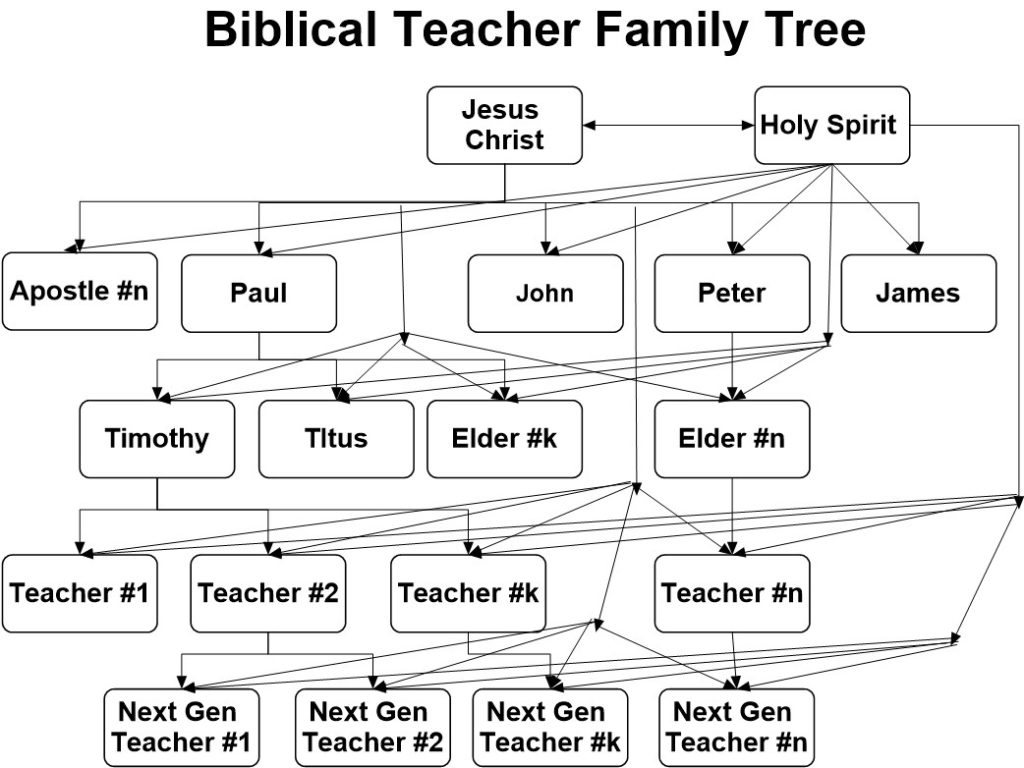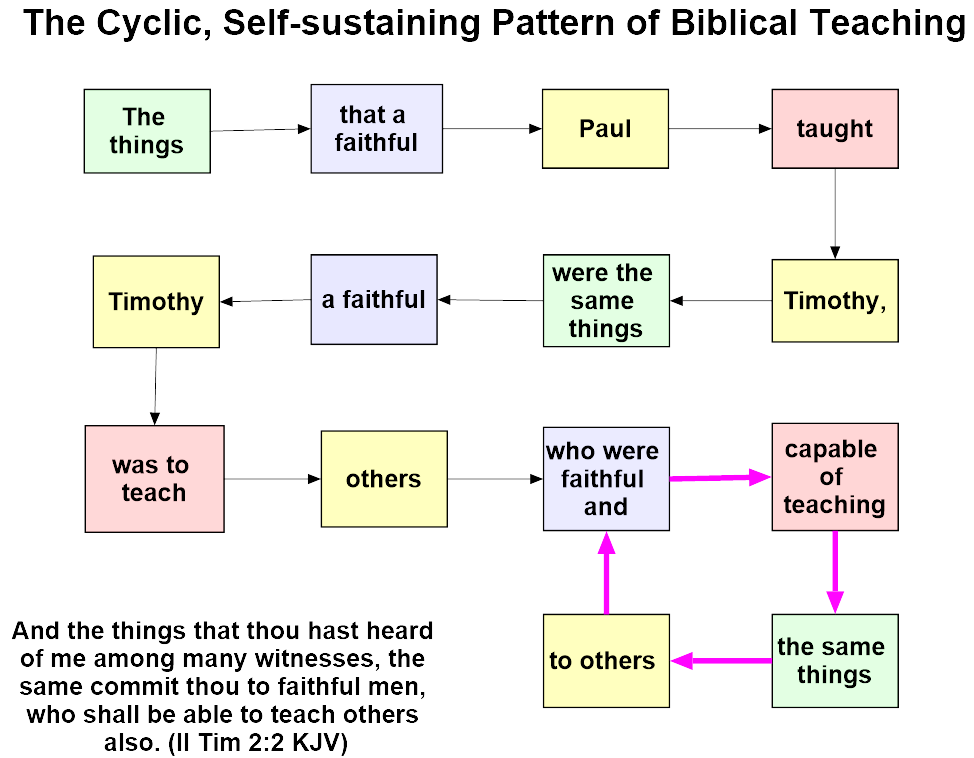
As soon as Christmas is over many people begin working on two projects. The first is the practice of writing and polishing up one’s New Year’s Resolutions. They are full of good intentions and want the New Year to fulfill all of the promises with which it comes.
The second project is packing away the holiday decorations until next year. Since the Advent Wreath centers on the time leading up to the Nativity, it is usually one of the first articles to be put away. Perhaps this year we need to refocus our thinking. The five candles of the Advent Wreath teach lessons which should not be seasonal or time dependent. They are appropriate for Christians to concentrate on all year long. If you are into New Year’s Resolutions, I would suggest that an excellent candidate for the top of your list would be the practice of reflecting on and living out the Advent lessons throughout the entire 2017 year.

The typical Advent Wreath begins with a circular ring of evergreens. The ring and the evergreens represent the eternal nature of God. Around the wreaths four colored candles are equally spaced, circling a larger, white candle in the center of the wreath. Although there are variations, it is common for three of the outer candles to be blue or violet, while the fourth colored candle is rose or pink. The four outer candles represent four virtues or messages that Jesus brings us. Four Sundays before Advent, the first blue candle representing hope or expectation is lit. The word “hope” is used both as a verb and a noun. In the Bible, the verb hope means to trust in someone or something, to expectantly wait for a beneficial result.
On the third Sunday before Advent, the first blue candle is lit again, while a second blue candle representing God’s love is lit. The word “love” is also used as a verb and a noun. God’s love is complete and perfect. It is given, and not earned. On the second Sunday before Advent, the pink candle representing joy, along with the previously lit blue candles, are lit. God’s joy is his delight and pleasure. It is what he experiences and what he gives. On the last Sunday before Advent, all four outer candles are lit. The third blue candle represents peace. God’s peace has two aspects. The first is peace with God. The second is the peace of God. More on the meaning of these candles will follow in subsequent posts.
On Christmas Eve the central white candle, also called the Christ Candle, is lit. It represents Christ, the light of the world. In this Christmas season that just passed, did you reflect the light of Christ to a world trapped in darkness? Are you planning to spread His gospel of hope, peace, love and joy to a lost world throughout this coming year? I plan to do five more posts in this series, suggesting how we should reflect on and encourage others with the message of God’s hope, peace, love and joy, and Christ as the light of the world.









